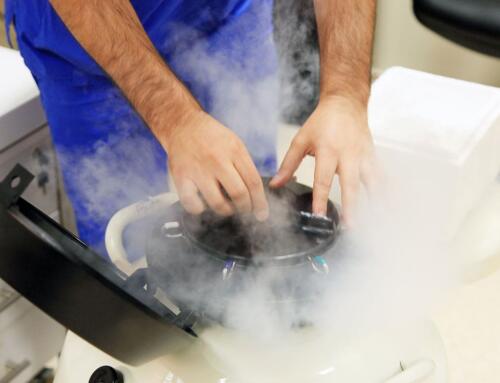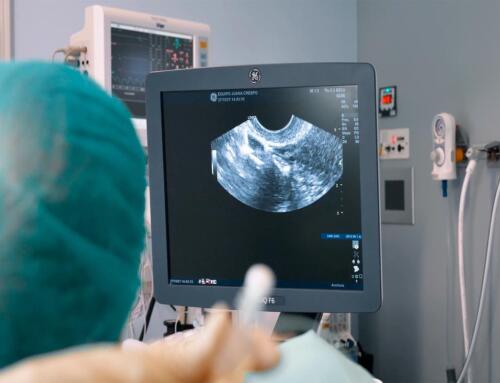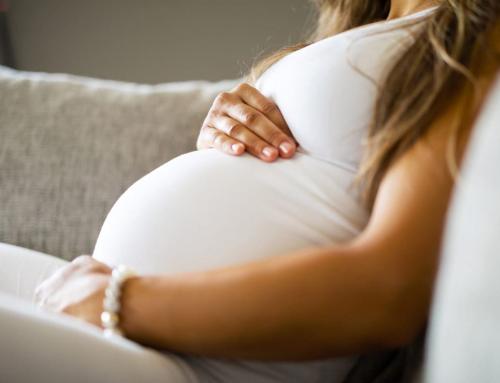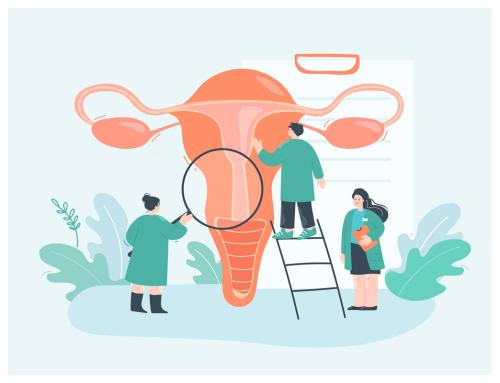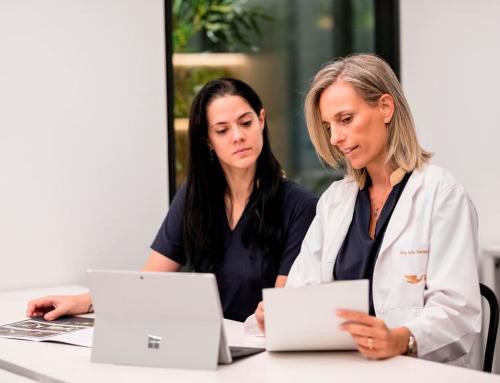Your first pregnancy may have been easy to achieve naturally. But if after a while you want to go for a baby sibling and you don’t succeed, you and your partner may find yourselves diagnosed with secondary infertility.
Infertility can appear at any time in our lives. The fact that a couple has already had a child does not mean that they are still fertile some time later, with the same partner or with another.
And although we are used to talking about sterility when a pregnancy has not been achieved, what happens to couples who are looking for a second or third child and do not achieve it? Well, we want to talk about these cases of secondary infertility, its causes and how to solve it in this new post of Equipo Juana Crespo.
What is secondary infertility?
We refer to secondary infertility when a couple does not achieve a pregnancy. If they suffer repeated miscarriages after having had at least one child, we call it infertility. Undoubtedly, it is a very confusing situation for the couple who do not understand why they cannot achieve pregnancy when they have already proved that they are able to conceive a baby.
Since it is often difficult to accept that there is a problem of infertility, these couples wait and wait, allowing time to pass, which can work against them.
Tips for understanding and overcoming secondary infertility
1. Causes of secondary infertility
As with primary infertility, which is when the first pregnancy is not achieved, it is necessary to examine both members of the couple to determine the possible causes. And here we find a range of possible problems, both female and male.
It is possible that the woman presents some medical problem that did not exist in the first pregnancy or that did not affect her fertility on that occasion. This is the case of ovulatory problems, endometriosis, presence of fibroids or polyps in the uterus.
In addition, it is possible that overweight or underweight problems may have appeared that did not exist in the previous pregnancy.
Certain harmful habits, such as alcohol consumption or smoking, can also take their toll on the search for a new baby.
As with women, possible causes of secondary infertility can also be found in men, which are:
- Decrease in the quality or quantity of semen.
- Appearance of pathologies affecting the male reproductive system.
- Alterations of the genital tract
- Being overweight
- Harmful habits that affect fertility, such as alcohol or tobacco consumption.
2. Can it affect the previous pregnancy?
Every pregnancy affects a woman’s body in many ways and this is where we can find several causes of secondary female infertility. In addition to hormonal changes, many women increase their body weight due to being pregnant which can alter the function of the ovaries, thus complicating the conception.
It is also possible that a cesarean section was necessary in the previous delivery or deliveries, which increases the risk of finding adhesions that obstruct the fallopian tubes, or that the uterus has some alteration due to the surgical intervention. It is also possible that with a vaginal delivery an infection may have occurred, causing the appearance of adhesions and obstruction of the fallopian tubes.
3. Are you feeling more stressed?
Another reason you might be finding it challenging to become pregnant again is that you may be living a more stressful life than before. It is not the same to try to get pregnant when you don’t have children versus when you are already taking care of a child. Tiredness, lack of sleep and stress are also responsible for altering the period and thus it is more difficult to determine the fertile days in which to achieve the desired pregnancy.
4. Age, the main problem
Apart from all the possible causes of secondary infertility, there is one that is indisputable: the mother’s age. It is obvious that in your first pregnancy you were younger. As the years go by, the only thing that happens is that the probability of pregnancy decreases significantly after the age of 35. Above all, because the ovarian reserve decreases at the same time as the quality of the eggs.
5. When to see a specialist
We know that it may be difficult to assume that there is a problem of secondary infertility and that you prefer to continue the search for a new pregnancy. It is possible that you are looking for symptoms of secondary infertility, but probably the only thing you notice is that pregnancy is not coming.
Therefore, if after a year of trying, or six months if you are over 35 years old, you have not been able to get pregnant, it is time to see a gynecologist. This way you can rule out any problem or, if you have found the cause of secondary infertility, solve it as soon as possible.
At Equipo Juana Crespo we can help you
There are more and more cases of secondary infertility that we treat in our Juana Crespo offices. Our performance, as in other cases of infertility, is based on diagnosis. For this, we carry out a thorough study, as well as essential diagnostic tests: basal hormonal study, ultrasound and hysterosalpingography, in women and, in the case of men, an assessment of semen quality is performed by seminogram. The study can be completed with other complementary imaging tests, in case it is necessary to perform a surgical intervention that allows us to restore your fertility.
But in addition to solving cases of secondary infertility, in Juana Crespo we can help you to plan your fertility. If after having a child you do not plan a new pregnancy soon or you see that because of your age you should not delay a new maternity, but it is not the right time, you should plan your fertility. This consists of a reproductive check-up (not gynecological), to establish the possible risk factors that you may have in the course of time and thus be able to draw up a personalized strategy that allows you, not only to preserve the eggs and / or sperm, but also to maintain the fertility of the rest of the reproductive organs.
If you want to be informed about secondary infertility treatments, as well as your fertility planning, do not hesitate to contact us at 961 042 557 or write to us at info@juanacrespo.es. You can book your first consultation at Juana Crespo so that we can study your case in a personalized way and schedule the diagnostic tests and appropriate treatment to restore your fertility and increase your big family.




